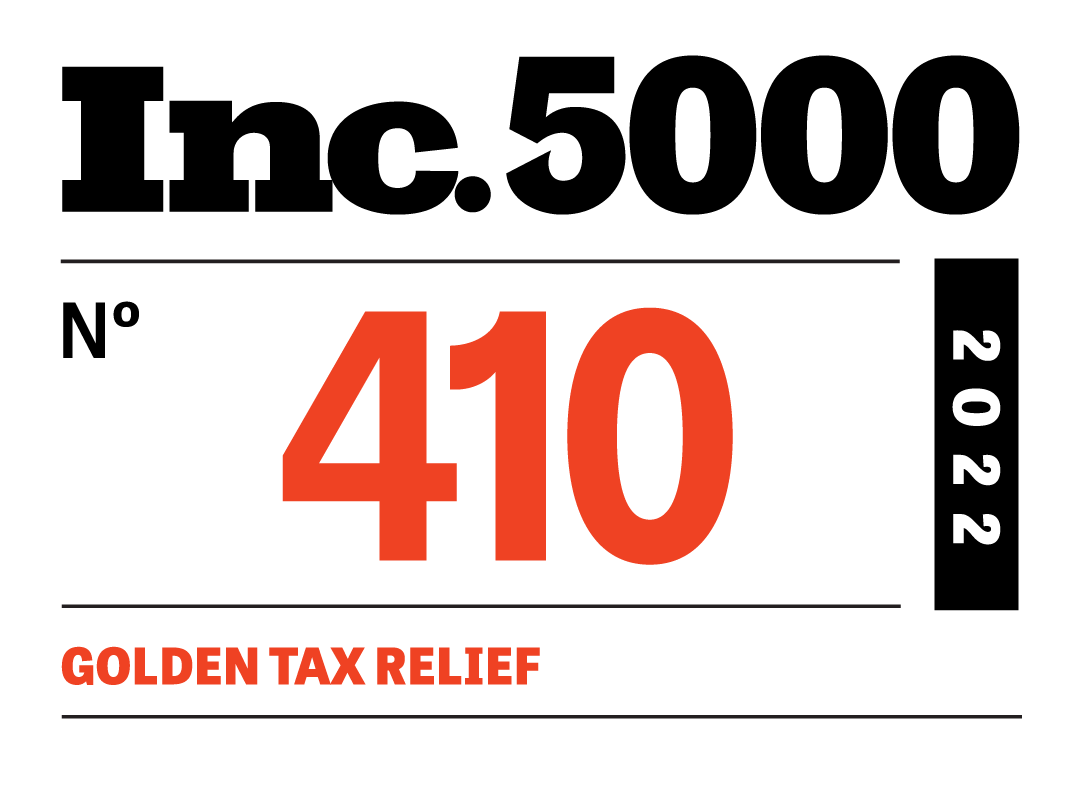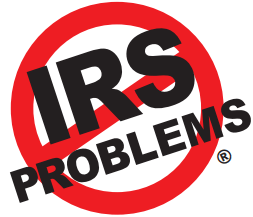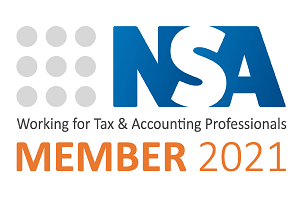
IRS Collection For Business in The Chicagoland Area and Nationwide
Businesses typically file many different types of tax returns. The annual income tax return for a corporation is usually a Form 1120. Partnerships typically file Form 1065 tax returns. If you have employees, you are also required to file quarterly federal Form 941 or Form 944 and annual Form 940 tax returns. Further, if you sell anything at retail, you are also required to file sales tax returns with the Illinois Department of Revenue or other taxing authorities. The burden the government places upon businesses is tremendous and is often difficult to handle.
The IRS Does Not Care About Your Losses or Profits
If a business is not as profitable as planned or there is a sudden downturn in business, the business sometimes stops making its federal and state tax deposits on a regular basis. The hope is that the business will soon turn around and that the business will “catch up” with its tax liability in the near future. Unfortunately, the IRS takes a dim view of businesses that fail to make their federal tax deposits in full and on time. The IRS takes the position that the employer is using the employees’ money to operate its business and will take swift and strong action if the problem is not immediately remedied. The IRS will not only take enforced collection action against the business, but the IRS may also individually pursue the owners, the officers and the shareholders of the business under the Trust Fund Recovery Penalty.
Our Client Case Study: Employer Stops Paying Gross Payroll to Keep Paying Employees
In this case study, even though our taxpayer was in business for many years, the downturn in the economy caused a 50% drop in our taxpayer’s business. Many of our taxpayer’s employees had been with the business for many years and had become close friends. Not wanting to lay off his employees, our taxpayer stopped making gross payroll, meaning that he stopped making his federal tax deposits. The taxpayer felt a greater loyalty to his employees and their jobs than to the IRS. Unfortunately, the IRS soon became aware of the unpaid liability and threatened to seize the business. The taxpayer contacted IRS Trouble Solvers, LLC and we were able to negotiate a resolution for our taxpayer. The resolution negotiated by our tax attorneys allowed the business to keep its doors open, for its employees to keep their jobs and for the business to continue its vital role in the community.




